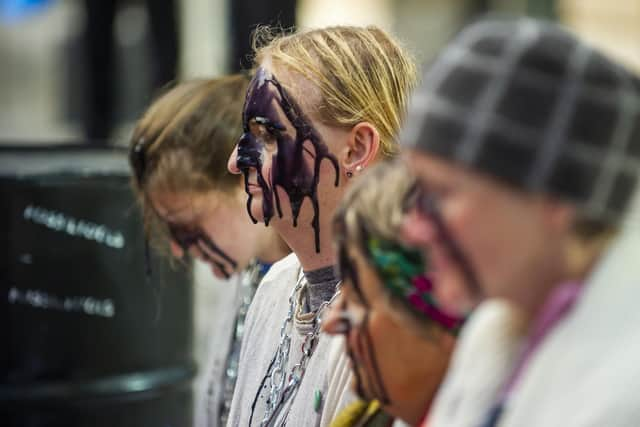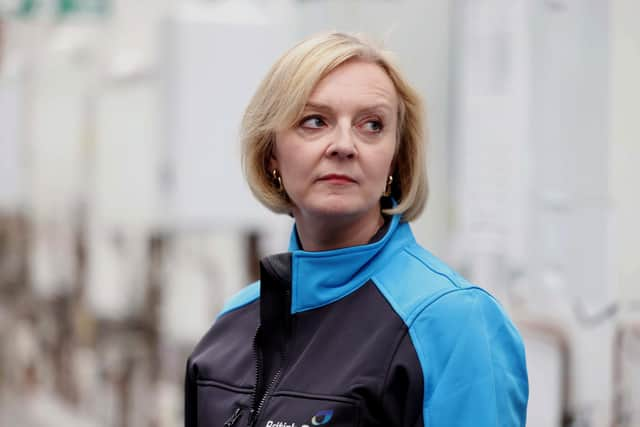Financial markets crisis: The extraordinary week the UK markets pitched into crisis under Liz Truss's leadership
It was the leanest of concessions in what felt like a week of despair, not disruption, for people the country over.
The admission on Friday came seven days after Chancellor Kwasi Kwarteng announced the biggest tax giveaway in 50 years, which will initially be paid for by additional borrowing by the Government.
Advertisement
Hide AdAdvertisement
Hide AdThe cuts, worth £45 billion and which will overwhelmingly benefit the better-off, were laid out, along with details of the £150bn energy price cap. Further tax cuts should be expected in a full budget next month, Kwarteng said.
It came just a day after the Bank of England hiked interest rates to contain surging inflation.
The shockwaves sent through Westminster by the new Government’s promise to lower taxes to trigger economic growth was even bolder in reality – and without the usual economic assessment by the Office for Budget Responsibility – and it was felt deeply in the City.
Ordinary households felt it square on, too.


The value of the pound dropped against the US dollar on Monday to a 37-year low of $1.03. Lenders shuddered and mortgage deals were rapidly withdrawn amid the rampant economic uncertainty and the forecast of further interest hikes.
Homeowners stared into the prospect of an even longer, colder winter with the roof over their head feeling ever more precarious. Not so much disruption, more a fundamental feeling of vulnerability.
By Tuesday, Labour leader Sir Keir Starmer had conference speech gold on his hands in Liverpool given the Tories had now “lost control of the economy”.


The following day, Sir Keir was further bolstered when the International Monetary Fund, in a rare move, called on the Government to reconsider its tax plan to prevent stoking inequality, while undermining the Bank of England’s attempts to tackle inflation and the cost-of-living emergency.
Such was the storm, the Bank of England stepped in with an emergency financial stability operation. Commentators said they had never seen the likes before as an emergency £65bn bond-buying programme was initiated.
Advertisement
Hide AdAdvertisement
Hide AdThe pound fell again in value against the dollar, to $1.0570.
Then, Ms Truss finally broke cover for the first time since the mini-budget – bar a pre-recorded message to the Atlantic Future Forum in New York – by emerging on Thursday to do a round of interviews with regional radio stations.
Some sneered at the move amid the view she was dodging the journalistic big-hitters. But BBC Leeds presenter Rima Ahmed was the first to finely sum up the public mood when she asked “did you sleep well Prime Minister?”
That day, the Conservatives posted some of their worst opinion poll ratings in more than 20 years. A Survation poll put the party on 28 per cent, more than 21 points behind Labour, while a separate survey by YouGov had the Tories even further adrift on 21 per cent, 33 points adrift.
Ms Truss, who visited the British Gas academy in Kent in the countdown to Saturday’s energy price hike and cap, will now be interviewed on Sunday by BBC broadcaster Laura Kuenssberg – the first day of the Conservative Party conference in Birmingham.
The pound is now stabilising amid the volatile economic picture, but how the Prime Minister attempts to steady her reputation remains to be seen.
Comments
Want to join the conversation? Please or to comment on this article.
